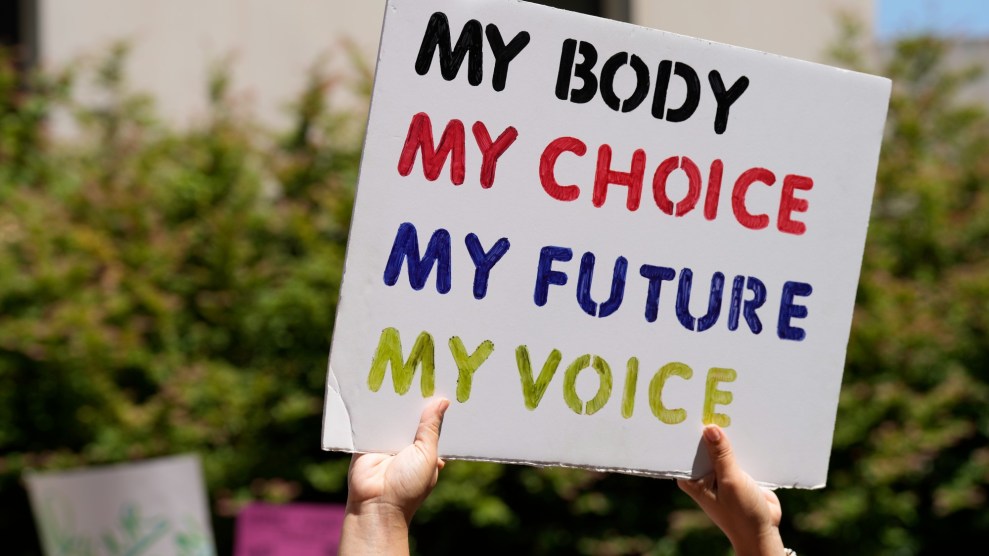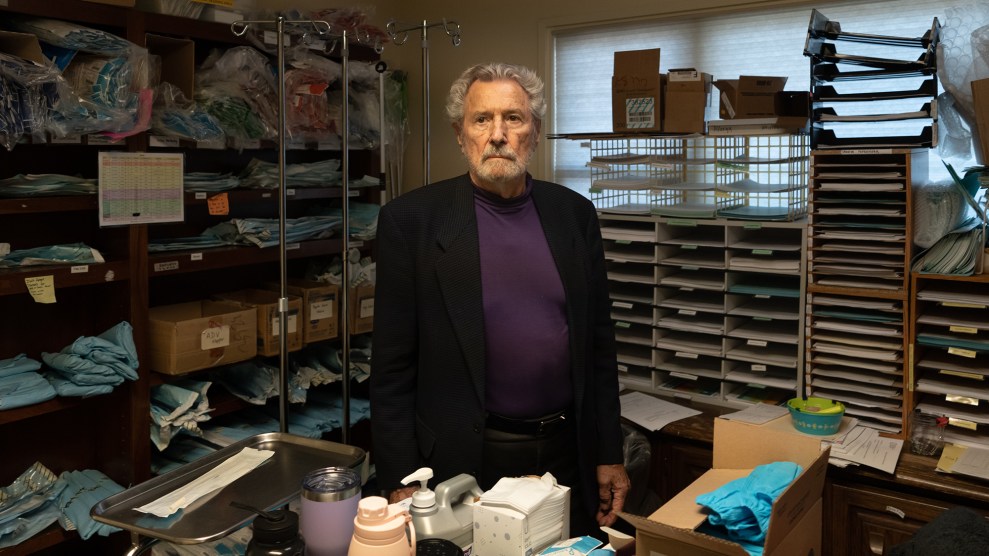
Meg Kinnard/ AP
A South Carolina woman was arrested this week for allegedly taking abortion pills in October 2021 to end a pregnancy. The State reports the Greenville woman, who was 33 at the time, had sought medical care for labor pains. At the hospital, where she had a stillbirth, the woman informed medical staff that she had taken abortion pills. The Greenville County Coroner’s Office then reported a tip regarding a “death investigation of a fetus” to the police.
Nearly one year after she sought medical help, a warrant for the woman’s arrest was signed in September 2022.
While abortions up to 20 weeks are legal in South Carolina, the state is one of a few states that prohibits self-medication to terminate a pregnancy. The incident report identified the woman as Black.
“Pregnancy outcomes shouldn’t be criminalized,” Ashley Lidow, the director for policy and government relations for the Women’s Rights and Empowerment Network, told the State, which first reported the story.
News of the woman’s arrest comes amid heightened fear and confusion over the flood of abortion restrictions and outright bans that have been enforced since the Supreme Court overturned Roe v. Wade. But as Becca Andrews reported, medication abortion, even before the fall of Roe, has carried significant legal risk.
There are only five states in which self-managed abortion is actually illegal, but “overzealous prosecutors are just treating the Criminal Code like a grab bag—even the Civil Code like a grab bag!—and pulling out whatever they can that might possibly stick,” Adams says. Ten states have fetal harm laws that lack an exemption for the person carrying the fetus, and she notes sometimes these laws can be used to charge people who have self-managed their abortion. Sometimes those laws have been manipulated by law enforcement to apply to the pregnant person themselves, switching from the pregnant person being the victim to being the perpetrator.”
A Trump-appointed judge in Texas is set to rule on the future of medication abortion any day now. The case—which seeks to end FDA approval of the most common abortion pill, a drug with a “sterling safety record” that’s been used by an estimated 5.6 million people—would dramatically upend abortion access in the United States.


















